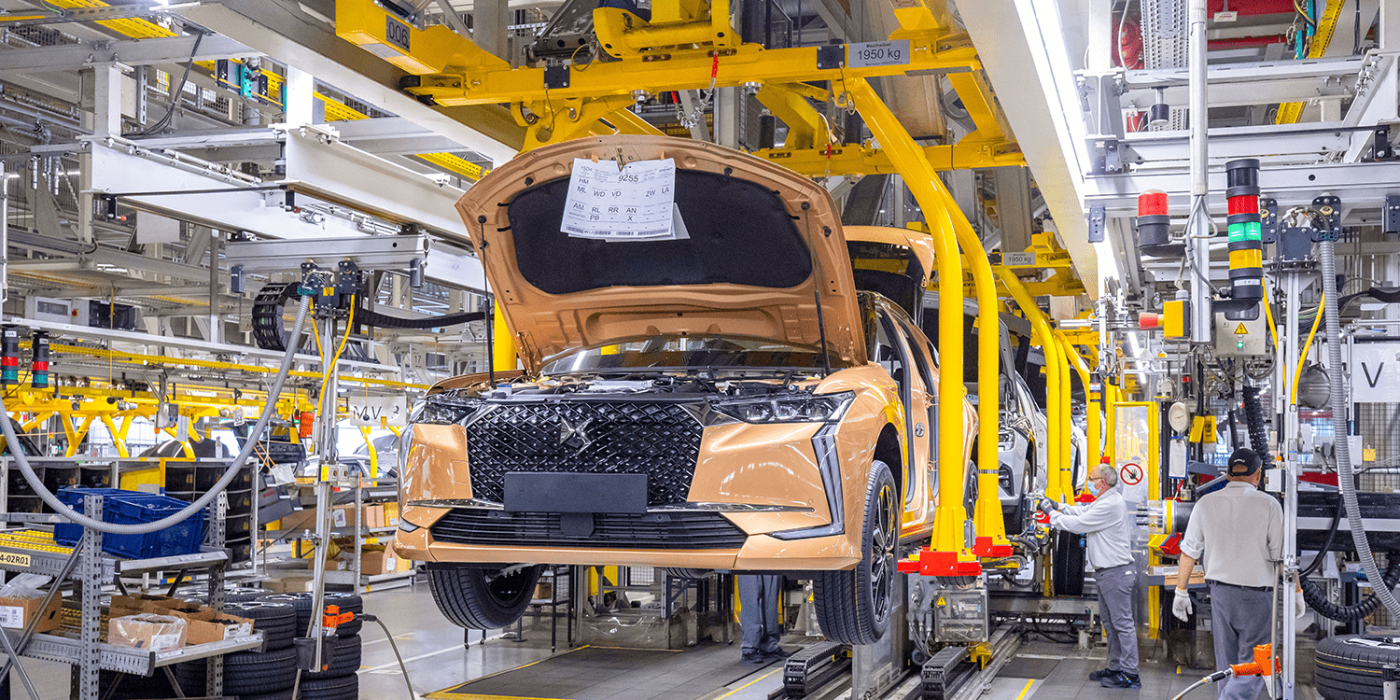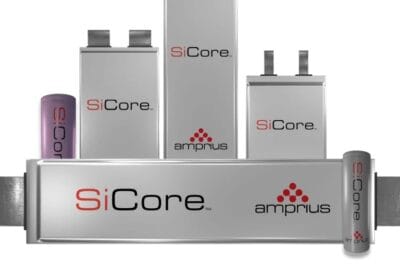France to push European-made EVs with new subsidy requirements
France will be the first country to implement new prerequisites for EV subsidies, similar to the US Inflation Reduction Act. The government will thus specifically reward buyers of European-made electric cars. And Paris is calling on other European countries to follow its lead.
“We will be the first European country to reform the criteria for the allocation of the car bonus,” said French President Emmanuel Macron. “It’s a small revolution that we want to bring to the European level.”
France also takes aim at China, which has similar measures in place. Around 40 per cent of incentives paid out in France in the first quarter of 2023 were for EVs made in China. The goal is to award subsidies in a “more targeted” way to strengthen the production of battery cells and electric cars in Europe. Currently, EV makers from the US and China also benefit from French incentives.
“This doesn’t mean that we are protectionist, we are not going to close the market, but we don’t want to use the French taxpayers’ money to accelerate non-European industrialisation,” the French President said in his speech.
The French state subsidises the purchase of a fully electric car with 5000 euros. However, the support is only paid for vehicles that cost less than 47,000 euros. Until now, it was irrelevant in France which country and manufacturer the subsidised electric car came from.
Furthermore, Macron is urging the EU to implement similar measures to favour European battery production. “I do not want Europe to support batteries that are not made in Europe under its battery legislation, because neither the Americans nor the Chinese are helping batteries made in Europe”, he said.
What the reformed EV bonus will look like will be determined by the end of the year. However: Emissions caused during the production of an electric vehicle will be one of the aspects of future state subsidies. That means that EVs from China will likely not meet the criteria, as 60 per cent of the country’s energy comes from coal.
In October, Macron already called on European countries to implement a “Buy European Act” to counter similar measures in China and the US. But so far, no other government seemed taken by the idea. Which ich why France is now taking steps on a national level. It is part of the upcoming “green industry bill”, which should be adopted during a Cabinet meeting next week and go through Parliament this summer.
Meanwhile, the US and the EU are negotiating an agreement on critical minerals for electric car batteries so that batteries containing materials from EU countries still qualify for subsidies under the US Inflation Reduction Act. The latter stipulates that 40 per cent of a battery’s critical minerals come from the US or a country with which the US has a free trade agreement. To date, the US has only signed such a free trade agreement entitling it to the US tax credit for electric vehicles with Canada and Mexico.
On top of that, the EU Commission loosened subsidy requirements in March to simplify the approval of subsidies in crucial sectors such as batteries and renewable energies. It, too, is a reaction to the US government’s Inflation Reduction Act. It also presented the ‘Critical Raw Materials Act‘, aiming for ten per cent of the EU’s demand for critical raw materials to be met from its own mining operations in 2030, 40 per cent from local processing and 15 per cent from EU recycling capacities.
handelsblatt.com (in German), auto-infos.fr, france24.com (in French)





1 Comment